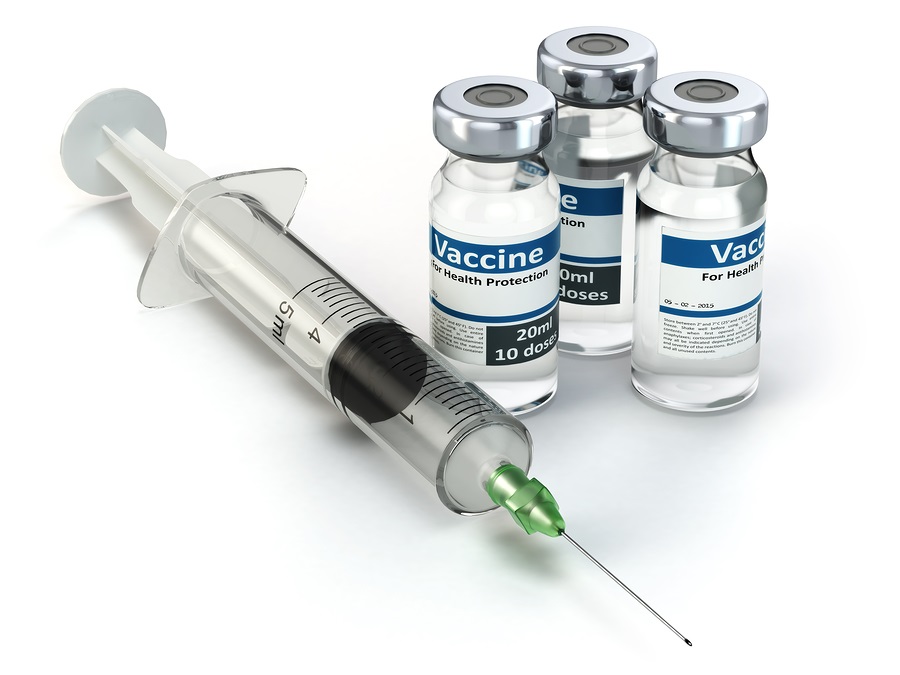Wondering what the Tdap vaccine is? It’s all about that *ahem, ahem* feeling.
Whooping cough is one of those childhood diseases we’re all familiar with. We’ve all either had it or know someone who had as a child, and it’s simply one of those “common” diseases you have to deal with as children.
Or not! The Tdap vaccine can help to protect your child from whooping cough, along with other health problems. If you want to avoid this childhood disease, it may be a good idea to consider receiving child the Tdap vaccine.
What is the Tdap vaccine?
The Tdap vaccine is designed to protect you from three serious threats:
- Diptheria
- Tetanus
- Whooping cough (pertussis)
Tetanus and diphtheria are both fairly serious problems, but it’s whooping cough that can be the real threat to a newborn or toddler. If your child develops whooping cough, they can spend months coughing. This can lead to cracked ribs, exhaustion, and an increased risk of pneumonia. For babies who haven’t yet reached 1-year old, whooping cough can be life-threatening. The worst part: they’re most likely to catch it from a close family member than from random contact with a stranger.
Enter the Tdap vaccine…
The vaccine is designed to protect YOU from whooping cough (and the other two diseases), thereby reducing your risk of infecting your child. Both adults and adolescents can benefit from the Tdap vaccine, and it can help to protect a newborn or young child.

READ MORE: Free Vacations if You Don’t Mind… Diarrhea?
Who should receive the Tdap vaccine?
The average adult received a whooping cough vaccine when they were young. However, over time, your immunity to the disease wanes. After a decade or three of life, you may become susceptible to whooping cough once again. If you contract it, it’s very likely that you will pass it on to your newborn.
If you have a new born baby at home, it’s a good idea to consider getting the Tdap vaccine. This way, you can protect not only yourself from the problem, but you can reduce the risk of your infant contracting it.
In fact, it’s often recommended that you receive the Tdap vaccine DURING PREGNANCY. Unlike many vaccines, the Tdap vaccine is designed to be safe during pregnancy, and receiving the injection during your pregnancy can help to pass on the antibodies to your newborn. As your body works to build immunity to the disease, it will pass that immunity on to your child. Your baby will be born with a higher resistance to whooping cough thanks to the Tdap vaccine you received while he/she was still growing in your womb.
The CDC recommends the Tdap vaccine for:
- Adults over the age of 65, especially if they plan to be around babies
- Adults between the ages of 19 and 64, especially if they plan to be around babies
- Children between the ages of 11 and 18 who have already completed the DTaP series of vaccines
- Pregnant women, who should receive it between the 27th and 36th week of their pregnancy
Note: If you’ve received a “tetanus shot booster” within the last 3-5 years, it’s likely that you already received the Tdap vaccine. Check with your doctor to be certain.
Side Effects
One of the things that makes the Tdap vaccine such a good option is the fact that it’s as safe as possible, even during pregnancy. Since its introduction in 2005, studies have proven that there are no negative side effects for pregnant women.
If you are trying to reduce your child’s risk of disease, the Tdap vaccine is a very good option to consider! In fact, it’s highly recommended by the CDC and FDA.








